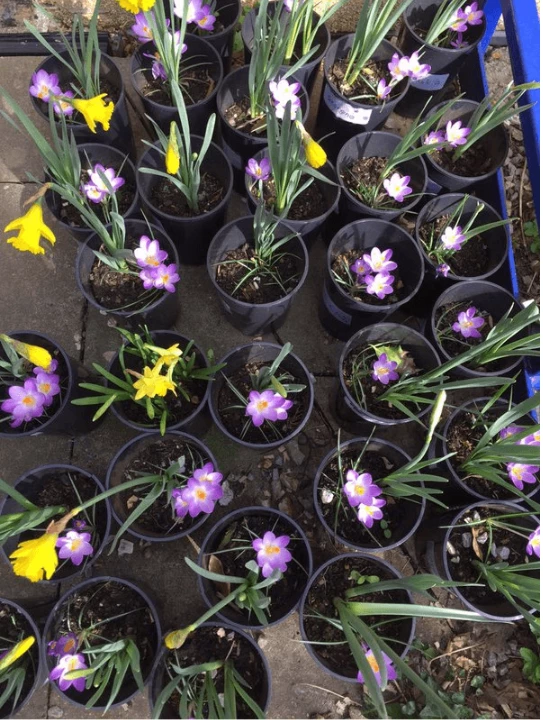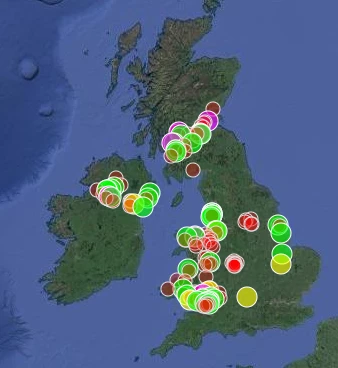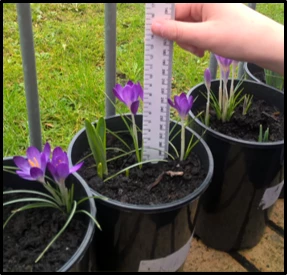Spring Bulbs for Schools - engaging with 175 schools
, 17 May 2023
Penny Dacey, Spring Bulbs Project Coordinator, has been busy helping young budding scientists get outside and investigate the impact of climate change in an engaging and creative way!
Many of you may have heard of this Spring Bulbs project, as it’s been running since 2005! For those of you who aren’t familiar with it, here’s an overview.
Pupils are asked to help Professor Plant, a friendly cartoon scientist, to explore the impact of a changing climate on the flowering dates of spring bulbs. Pupils do this by taking part in an annual study that involves documenting and submitting weather and flower data.
How it started and how it’s going…
The project began in Wales, under Danielle Cowell, Digital Learning Program Manager at Amgueddfa Cymru, but through funding from the Edina Trust has expanded to be UK wide.
Amgueddfa Cymru now engages 175 schools each year through the Spring Bulbs for Schools Investigation! That’s a lot of bulbs!
Let’s talk science!
Schools that participate in the investigation take part for a full academic year. They receive their resource packs in late September, plant their bulbs on 20 October, and begin taking weather records on 1 November through to 31 March.
Schools are asked to take weather records (temperature and rainfall readings) for every day that they are in school, and to upload this data to the Amgueddfa Cymru website at the end of each week. They are also asked to monitor their plants and to document the flowering date and the height of their plants on that date to the website. The result is that we can now compare the flowering dates for spring bulbs in Wales, England, Scotland and Northern Ireland to those of previous years and look at how changing weather patterns may have impacted on these dates. Isn’t that amazing?
Making a difference - from scientific skills to well-being
The investigation supports the development of scientific knowledge and skills, including an understanding of plant growth, the impact of climate change on the environment, and data collection and analysis. Students are able to apply scientific methods and concepts to a real-world scenario, which helps them to understand the importance and relevance of science in their lives. The process of caring for their plants, getting outdoors (in all weather) and working together to collect the data has numerous benefits, both for well-being and in developing lifelong connections to nature.
Do you know of any schools that would like to take part?
Applications open on a first come first serve basis to primary schools in Wales in late April. If you know of any schools that would like to take part, please ask them to check
out the following pages for more information:
Spring Bulbs Website
Spring Bulbs Blog
Spring Bulbs Twitter



